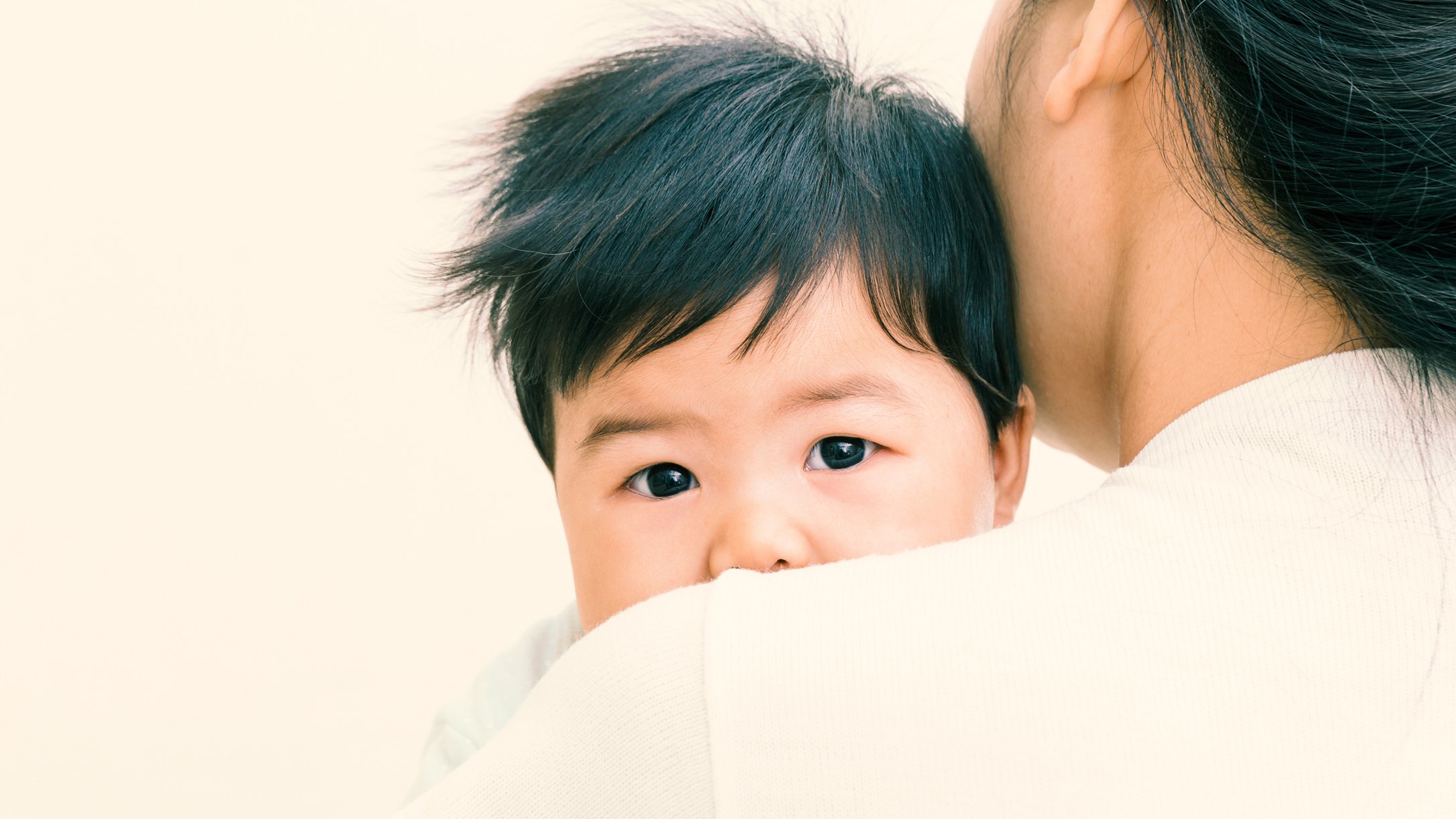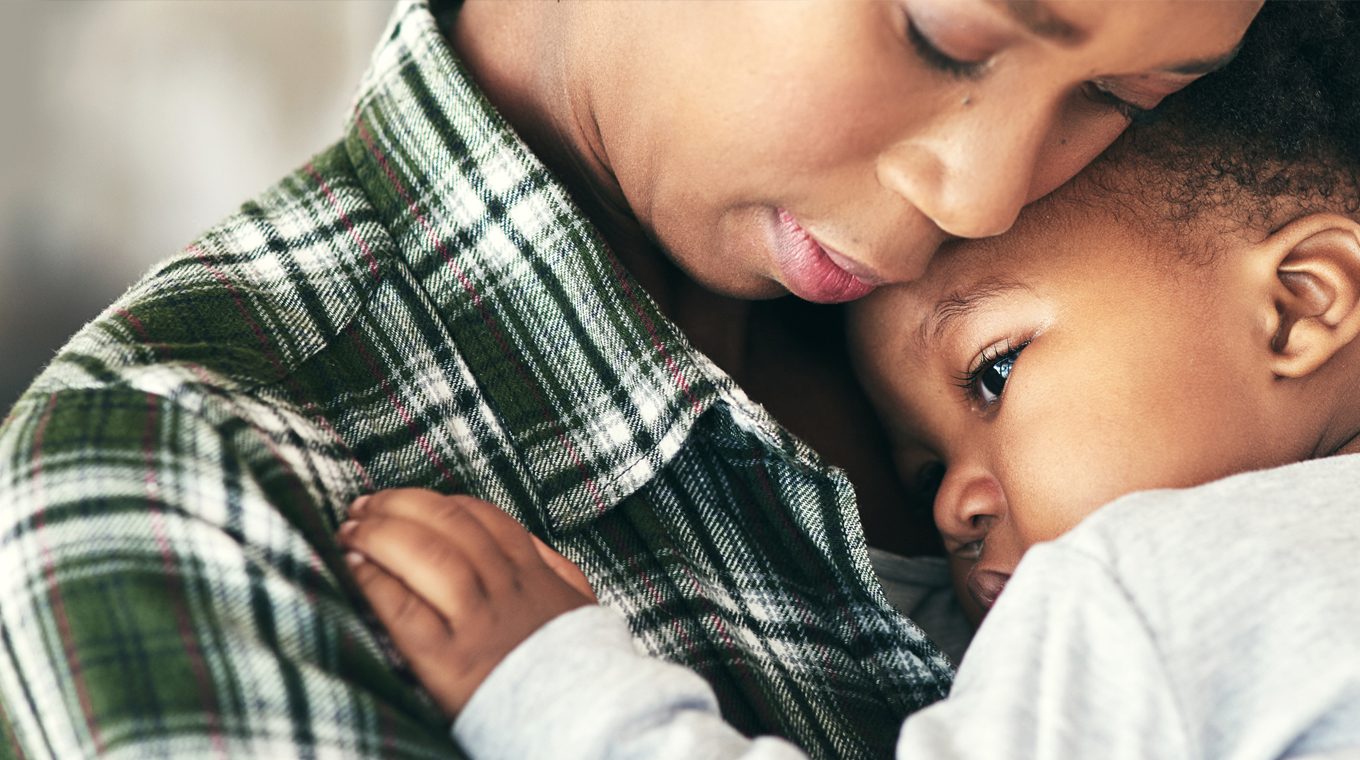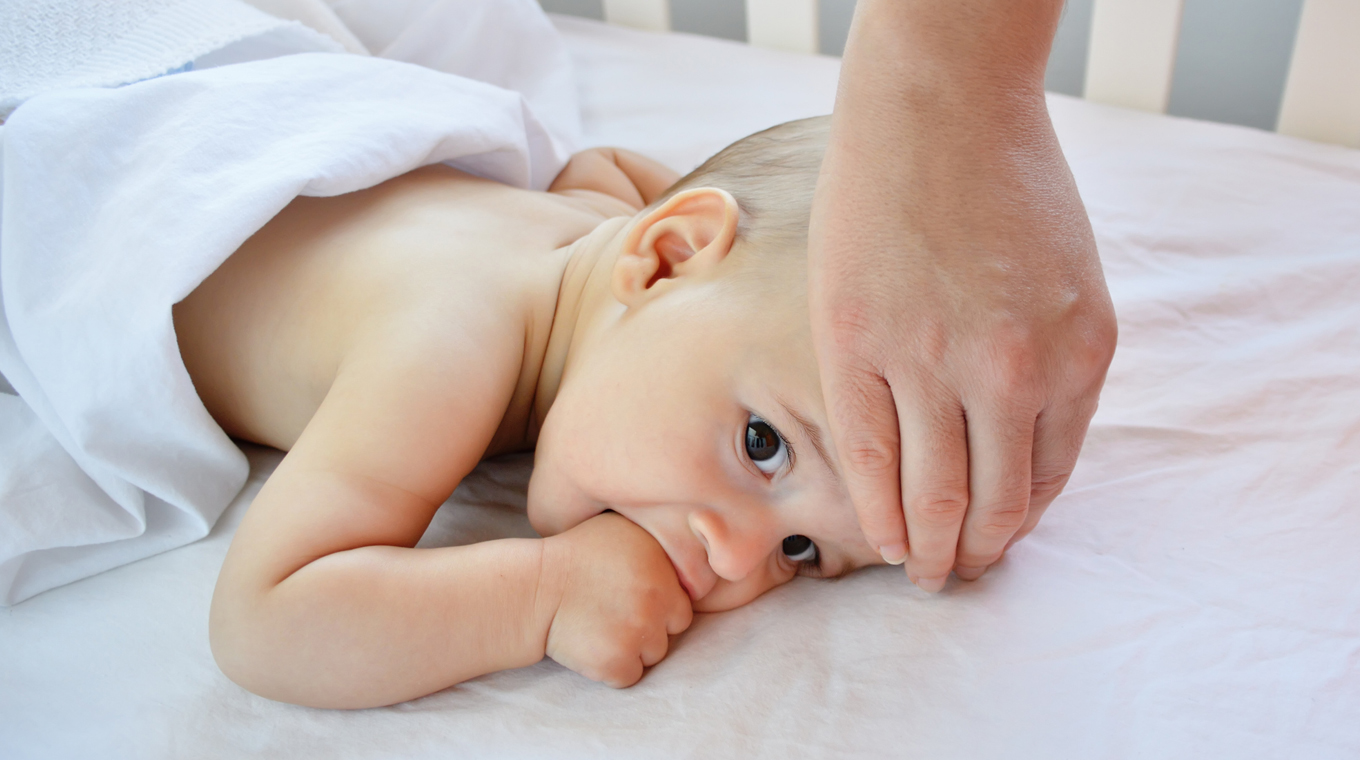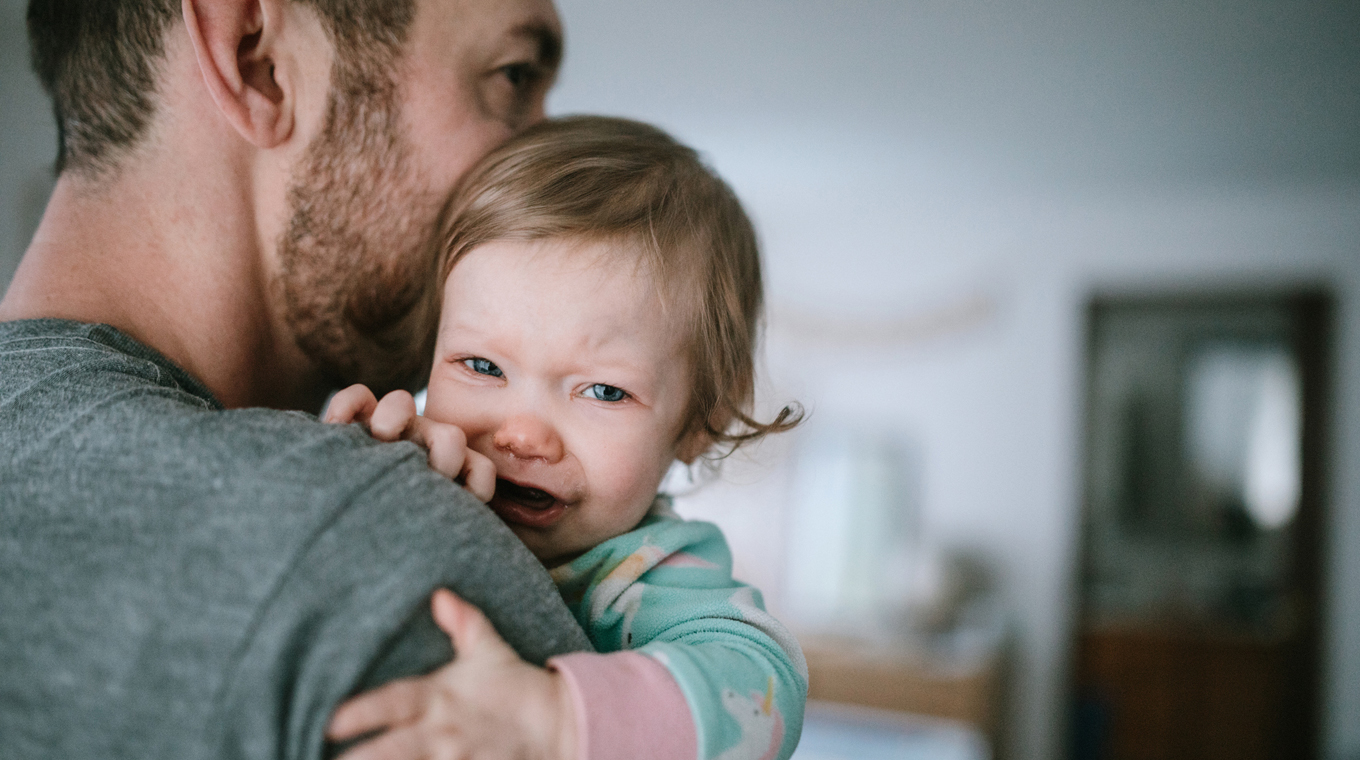
In this article
Meningitis in toddlers or babies can happen with exposure to a number of bacterial or viral infections. Meningitis occurs when the illness causes a swelling of the brain and spinal cord’s surrounding membranes. Left untreated, bacterial meningitis can be fatal or result in brain damage.
What is meningitis?

Meningitis is a serious health condition often caused by a bacterial or viral infection. It causes the meninges (membranes) surrounding the brain and spinal cord to become swollen and inflamed. Symptoms include headaches, fever, and a stiff neck. Toddlers (or anyone) with symptoms of meningitis should seek immediate medical attention to prevent it from becoming a life-threatening illness.
Meningitis caused by a bacterial infection needs immediate antibiotics to prevent a potential death or permanent brain damage. Viral infections are often less severe and will run their course without needing medication though should not be left ignored.
How do toddlers get meningitis?

iStock
Babies and toddlers get meningitis by being exposed to someone who has the bacteria or virus that coughs or sneezes around the child. There are three primary bacteria that lead to bacterial meningitis in toddlers: streptococcus pneumoniae, neisseria meningtidis, and haemophilus influenzae type B (Hib). The last types were more common before the Hib vaccine started to be given to infants.
Meningitis is not automatically caused by the bacteria but is instead the result of the bacteria entering the bloodstream from the sinuses, ears, or throat. Viral meningitis is mostly caused by the enteroviruses in the United States in the late summer or early fall. Other viral infections such as herpes simplex, Hib, West Nile virus, and mumps may also lead to viral meningitis. Those who do not vaccinate are at a higher risk of certain meningitis strains. Also note that teens will need to be re-vaccinated at high school age.
Less common causes of meningitis include cancer, chemical irritation, fungi, and drug allergies. If your child is sick, don’t wait for all the symptoms to appear before getting help.
There are several vaccines that help prevent meningitis, but as Valerie Martinez, clinical assistant professor within the College of Nursing at the University of Central Florida, explained to Mom.com, “vaccines cannot protect against all causes of meningitis.” Here are ways she suggests to prevent infection:
- Wash your hands often with soap and water
- Stay home when you are sick and keep sick children out of school
- Avoid close contact with people who are sick
- Clean and disinfect commonly touched surfaces
- Ensure you get adequate rest
Symptoms of meningitis

iStock
The symptoms of meningitis in toddlers and newborns are the same, though toddlers will be able to communicate pain such as a headache better than a newborn. It can be difficult to comfort a baby or child with meningitis; many babies actually cry more when being held.
Keep in mind that these symptoms can represent other conditions or illnesses, and it can easy to be slightly paranoid about it.
“A friend was so worried about catching meningitis that every time she got sick, she would move her neck around just in case because she was so scared she would get it,” California mom of two Rachel Carlsen told Mom.com. “Ironically, she did. At first, I gave her a curious look, but then I thought, maybe she’s onto something.”
Carlsen confessed, “I may have rolled my neck around a few times with a fever after that.”
The common symptoms of meningitis in toddlers and newborns include:
- High fever with cold hands or feet (note: not all babies with meningitis will present with fever)
- Headache
- Lack of appetite
- Excessive irritability
- Lethargy or sluggishness
- Stiffness in neck or body
- A bulge in the soft spot on the top of your baby’s head
There may also be a skin rash with some forms of meningitis and a sensitivity to light. Children may seem confused or unable to concentrate as they normally would.
When to seek help
When it comes to meningitis, being cautious is the best practice. If you know your infant or toddler has been exposed to someone with meningitis, look for any signs that your child is getting sick and take her to the pediatrician. If you are unsure if your child has been exposed to the bacteria or virus but are exhibiting the signs of the illness, seek medical attention immediately.
Remember that bacterial meningitis needs to be treated immediately with antibiotics. Failure to do so can result in permanent brain damage or death. Make the safe choice and see your doctor if you have any concerns. If you have been exposed to meningitis, you should see your doctor as well, to get medications to prevent getting the infection and potentially spreading it to your child.




